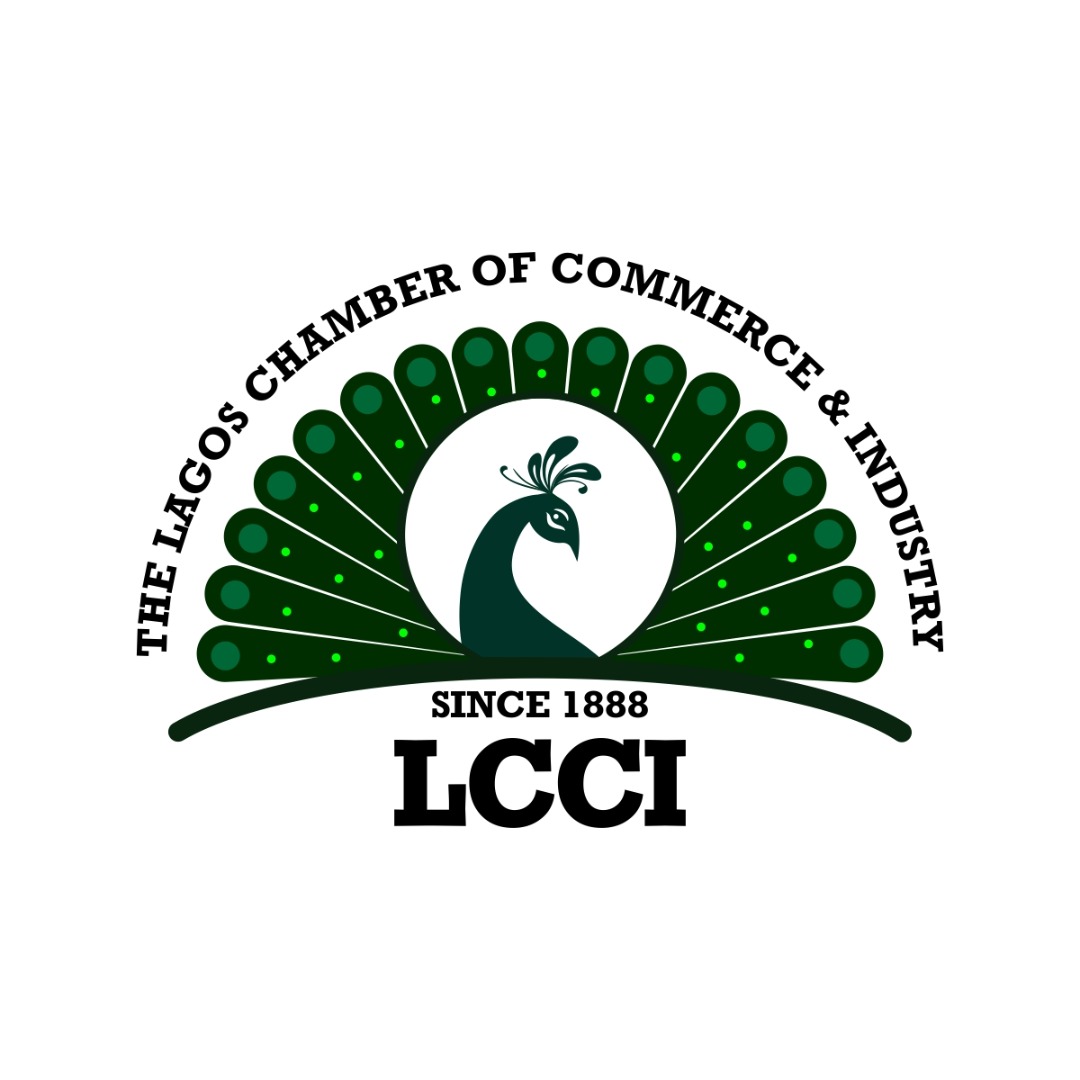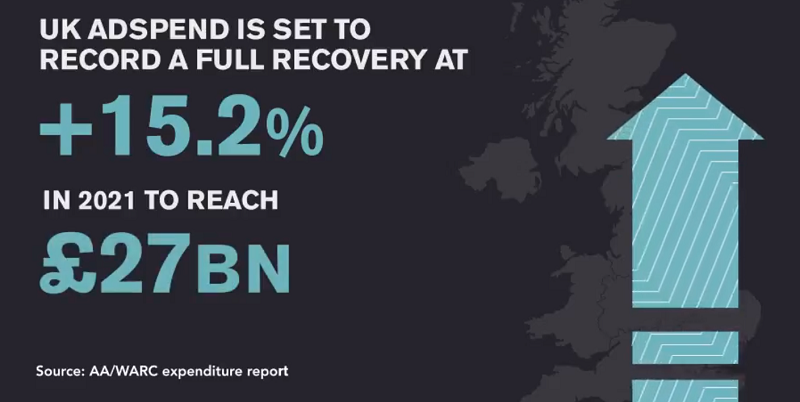By Abimbola Mohammed
Lagos Chambers of Commerce and Industry (LCCI), in collaboration with PwC Nigeria, has held its 2021 business outlook with the theme: “HALF YEAR ECONOMIC AND BUSINESS OUTLOOK SEMINAR”.
The event, which was held recently via zoom, had the President of LCCI, Mrs. Toki Mabogunje, Dr. Andrew S. Nevin, Partner & Chief Economist, PwC Nigeria; Mr. Taiwo Oyedele, Fiscal Policy Partner and Africa Tax Leader, PwC Nigeria; Dr. Ayodele Teriba, Chief Executive Officer of Economic Associates and Chairman of the Economics and Statistics Committee and over 250 participant in attendance.
Mrs. Mabogunje, while giving the opening remark, pointed out that the essence of the business outlook seminar was to stimulate robust conversation on the Nigeria economy performance in the first half of year 2021.
Her words: “The essence of this secession is to stimulate robust conversation on Nigeria’s economy performance in the first half of this year and share insight on what economy agents including businesses, investors, corporate and stakeholders should expect in the second half of the year. As you maybe be aware the first half of the year need significant rebound in the volume of business and economic activities in Nigeria following the commencement of the vaccination exercise that made a slowdown in COVID-19 infection rate, as such the economy was able to sustain recovery in the first quarter with a growth figure of 0.15%.”
“However recovery from the impact of the pandemic and other disruption in 2020 remains fragile, to throw analysis of the country growth performance is also not impressive as key sectors with the potentials to facilitate economy diversification are still grapping the lingering impact of the COVID-19 disruptions. Nonetheless improvement in growth performances is expected this year going by the projection of reputable international development Finance institutions, for instance the international money found by the World Bank foresee an average of annual growth rate of 2.5% and 1.8% respectively for this year.”
These projections are anchored on the assumption of sustaining high oil prices, transition to market reflective exchange rate system, progress in vaccination and the gradual implementation of reform in the oil sector, she added.
The guest speaker, Dr. Andrew S. Nevin, noted that Africa is projected to account for about 40% of the global population by 2050 and of the 329 million births that is estimated to occur globally between 2015 and 2020, about 36% were projected to occur in Africa by 2050.
Africa’s population is expected to grow by 1.3 billion in 2020 to 2.5 billion by 2050. The continent will remain the second most population in the world behind Asia in the period under review.
He identifies top ten challenges and solutions that can help shape the Nigeria economy in 2021, as Unlocking dead asset: he said, “Nigeria holds as much as US$900 billion worth of dead capital in residential real estate and agricultural land. According to the Nigeria Institute of Builders, the value of the Federal government’s abandoned properties is projected at about N230 billion.
“Harnessing the power of Diaspora: Nigeria is the largest recipient of remittance in SSA accounting for over a third of flows to the region.”
He continued: “Drive export growth through services, Need for growth across the country: Catalysts for growth are innovation Hubs, Industrial clusters and education.”
“Low investment/gross capital formation, move informal to formal sector, Improving the business environment, Nigeria’s big 3 distortions: Nigeria currently ranks 131st on the World Bank’s doing business index, Shifting from GDP less to SDG lens and climate change: With gross fixed capital formation at only 19% of GDP and Nigeria needs significant FDI to bridge the infrastructure deficit with key to diversification.”
He further advised that Nigeria must find her own development path.
On Taiwo Oyedele, part his presentation focused on corporate strategy, ideas, options of Businesses and investors. Business and environment context matters arising, business outlook and strategy ideas and options.
Oyedele said: “On matters arising and business outlook lingering anxiety- despite their confidence, CEO’s are concerned about threats in the external environment e.g. challenges of policy and tax uncertainty, over-regulation etc. Africa CEO’s are less worried about the pandemic and health crisis than their global peers.”
“Industry effects- the hospitality and leisure, transportation and logistics sector are among those with the lowest reported confidence levels while leaders of technology companies are more confident than their peers, also telecommunication, online retail, food delivery and entertainment streaming services.”
“Investment priorities- the pandemic has accelerated digital transformation and needs to invest in talent management. Forex liquidity, economy recovery in H2-2021 will drive monetary policy direction and financial market performance. Demand for fixed income over equity investment despite negative real return, International markets, danger online, taxing times ahead and driving growth.”
He itemized the strategy, ideas and options to use as: Putting people first, listening to market, monitor and predict trends, take interest in policy matters, position for AfCFTA, be agile and adaptable. Ability to innovate and be creative will remain a differentiator e.g. UX Design, make decisions based on data and evidence, look for investment and growth opportunities and make bold moves.






Comment
No comments found.